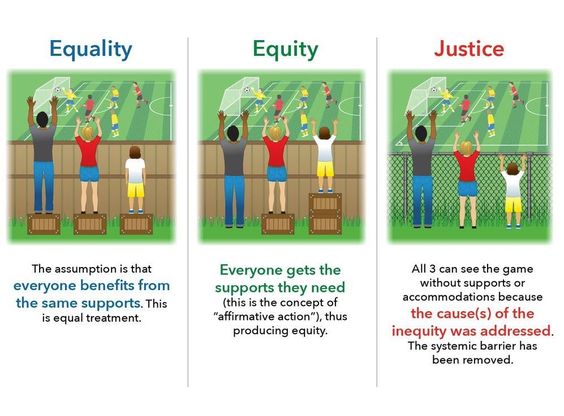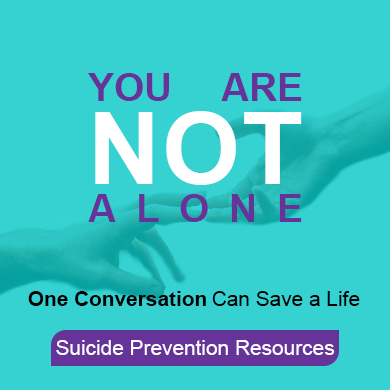COVID-19 HHRC Update: Updated Local Resources for Fire & Covid-19
For info on the East Troublesome Fire:
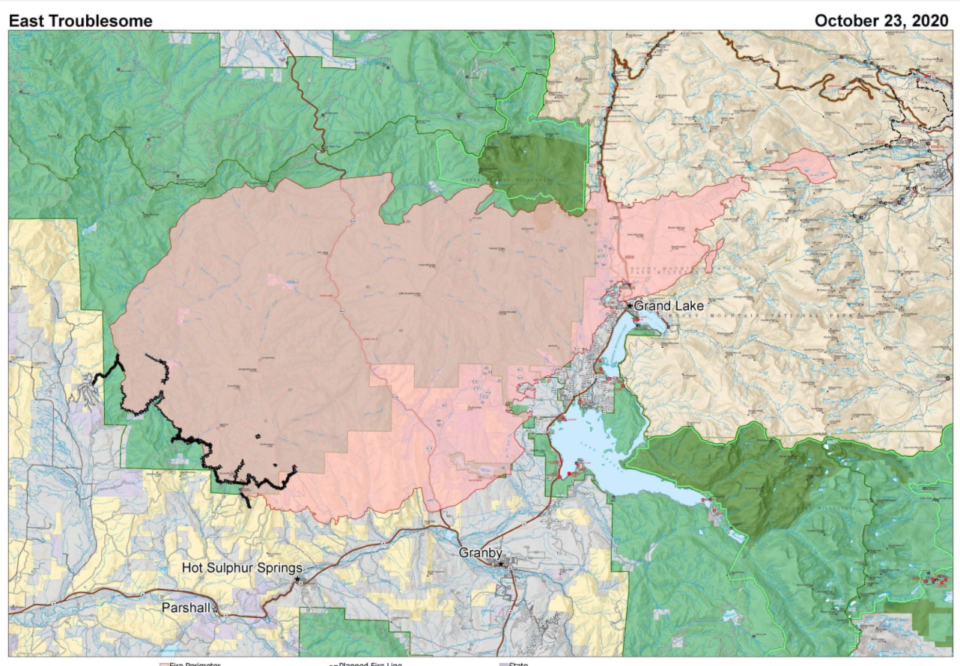
• inciweb.nwcg.gov/incident/7242/
• East Troublesome Fire Facebook page
• Grand County Sheriff’s Office Facebook page
• Resource List PDF
Stay safe Grand County!
March 18, 2020 4:58 pm
Document updated by Jen Fanning, Executive Director, Grand County Rural Health Network

March 18, 2020 8:00 am
Information shared from Grand Country Public Health https://www.co.grand.co.us/COVID19
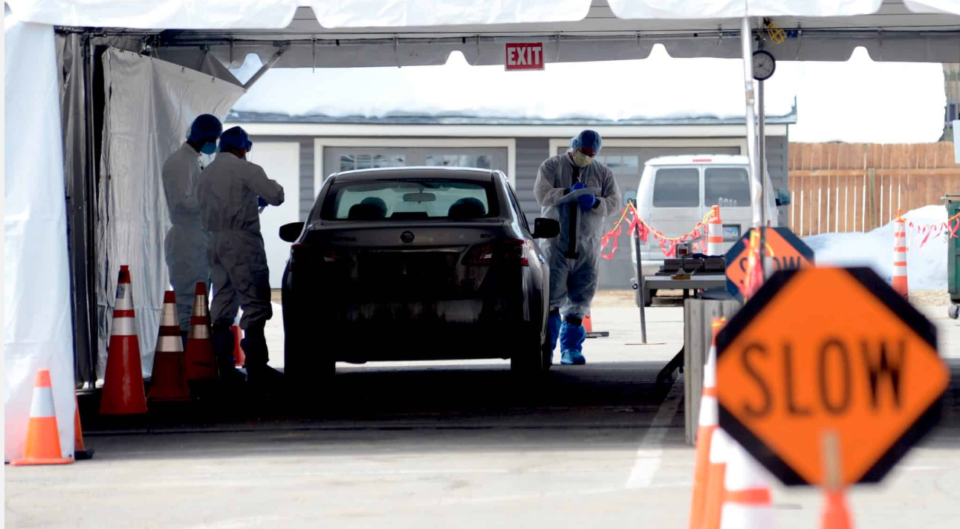
GRAND COUNTY, Colo. – Grand County Public Health, in cooperation with Middle Park Health and Grand Lake Fire, is suspending “drive-up” testing processes located outside of the Grand Lake Center. The Middle Park Health Family Practice Clinic located in the Grand Lake Center will remain open and patients can call providers at that location for guidance on COVID-19 and any other communicable diseases.
If you are concerned about your symptoms, please call your primary care provider for guidance. Your health care professional will work with county and state public health departments and the CDC to determine if you need to be tested for COVID-19. If you do not have a primary care physician, call your nearest healthcare facility.
With the one positive COVID-19 test result received by the County yesterday, we must increase our vigilance and follow the procedures set forth by the Centers for Disease Control (CDC) and the Colorado Department of Public Health and Environment (CDPHE). This includes guidelines that may suspend “drive-up” testing sites, such as inclement weather.
The National Weather Service has forecasted a storm system moving over Colorado Wednesday night through Friday morning that will bring moderate to heavy snowfall along with wind gusts up to 45 mph. This will create hazardous travel conditions especially Thursday afternoon through Friday morning. The top priority of the Grand County COVID-19 Response Team is the safety of our first responders and the community.
For specific questions regarding the Team’s response please call 970-725-3803 or email [email protected].
For a recorded message in English and Spanish regarding COVID-19, call 970-725-3755.

March 18, 2020
Document prepared by Jen Fanning, Executive Director, Grand County Rural Health Network
Here is a PDF of Resources for COVID-19 Community Emergency Response that resulted from
Monday’s HHRC meeting with all the local agencies in the room or on Zoom.
You can download it, print it, but most importantly, please share it with others!

March 17, 2020 2:15 pm
by Jen Fanning, Executive Director, Grand County Rural Health Network
A positive case of COVID-19 has just been reported through a breaking news alert from the Sky-Hi News. Please view the article below:
March 17, 2020
by Jen Fanning, Executive Director, Grand County Rural Health Network
To all Grand County residents:
On Monday, March 16, your local Health & Human Resources Coalition (HHRC) rallied together for several hours to discuss systems and processes for our community in light of the COVID-19 pandemic. With 160 confirmed cases in Colorado (as of March 16 4:44 pm MDT), Grand County has been activated to a level 2 (no confirmed cases to date) according to the Office of Emergency Communications (OEC). We discussed how to reach the most vulnerable individuals in terms of health care needs and services including food, housing, utilities, and delivery/transportation.
Stay tuned and stay healthy!


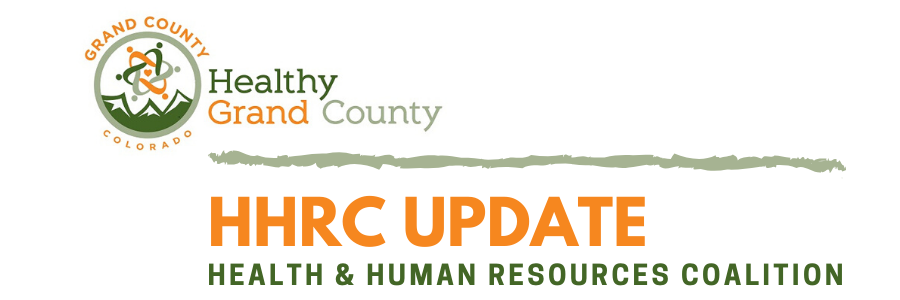
March 16, 2020
by Jen Fanning, Executive Director, Grand County Rural Health Network
For the past 7 1/2 years, local health and human service agencies have been partnering to make changes and respond to community needs, We are actively working together to address systems and processes for our community to handle the COVID-19 pandemic. Community updates will be provided regularly to communicate to everyone how they can do their part to help those in need during this time of crisis. As plans are developed, we plan to communicate them with our community via these “HHRC Updates” on this HealthyGrandCounty.org website and Grand County Rural Health Network’s Facebook page (@gcrhn). We encourage social media users to share the information with other users and most importantly, to those individuals who you feel could benefit from assistance from the local agencies.
Stay tuned and stay healthy!
September 12, 2019
From a report released from the Colorado Health Institute’s Home Equity Report
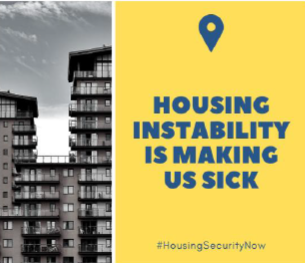
Access to healthcare is important, but being truly healthy requires so much more! At Grand County Rural Health Network, we know that having stable housing is a key component to living a healthy, thriving life. A new report that studied housing in communities around the state of Colorado shows a direct connection between housing and health outcomes. You can read the executive summary from the report here.
Grand County Rural Health Network is a member of the statewide Health Equity Advocacy Cohort, which hired the Colorado Health Institute to research and write the report in partnership with members and other stakeholders. The Health Equity Advocacy Cohort is made up of 18 organizations located across Colorado and funded by The Colorado Trust. The goal of the cohort is to build a diverse field of advocates who, together, improve health equity through changes in public policy.
Health equity is a new term – a buzzword if you will. Basically, it means that people need different supports to be as healthy as they can possibly be. This is different than equality. Equality means everyone gets the same supports, regardless of their needs. We can make a difference in policy, which not only creates health equity, it also creates systems changes for the future which means people may no longer need different supports. This image is a great image to understand equity, equality, and systems change.
Today, many of us cannot truly achieve health. Living a healthy life is easier for some people than it is for others because of housing policies that don’t account for our diverse population. The housing instability we see in Grand County is not just happening here. It is impacting people across the state. In the past decade, the average Colorado home price increased 77 percent, researchers found, yet the state’s median income increased just 4.5 percent.
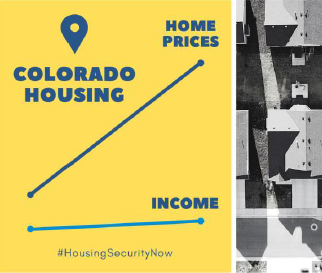
Housing instability is not the fault of any individual—it stems from systemic inequities that were written into public policy and have been playing out for decades. This report details how housing instability has a direct effect on the health and well-being of low-income Coloradans, families with children, people in rural areas, people with disabilities, immigrants, Coloradans experiencing homelessness, and, most significantly, people of color. Even if we didn’t create these problems, it’s our job and our responsibility to fix them.
Grand County Rural Health Network knows that change is possible. We envision a future where more equitable policies benefit everyone. This report outlines 11 promising policy ideas that might be implemented in Colorado. They range from local to state-level solutions and include ways to correct policies that have created today’s inequitable systems. Grand County Rural Health Network supports policies that let our neighbors live their healthiest lives regardless of ZIP code, ethnicity, or income. We also support bring people directly impacted by housing instability, specifically the groups outlined here, to the decision-making table. You can take action today by contacting local and statewide elected officials to speak about one of these 11 promising policies.
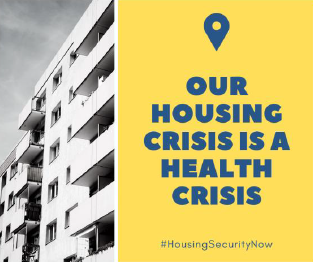
For a PDF of the full report, download here.
July 19, 2019
by Jen Fanning, Executive Director, Grand County Rural Health Network

Mental health is hard. No matter how you look at it.
As an individual, the social stigma of having a mental illness is hard. For a rural community, supporting a mental health care system is even harder. As a newly-appointed member of the task force for the Office of Behavioral Health, I have a lot of hard work ahead of me for the next year.
County, state, and national data all show that mental health illnesses are an epidemic. Grand County’s last two Public Health Improvement Plans (2013 and 2018) both identified mental health as the top community health priority. Because of this we revised our community mental health strategic plan 5 years ago and worked with Mind Springs Health to meet the need for crisis care in our community.
Are you confused about what impact Mind Springs Health losing the crisis contract has on Grand County? If you are, you are NOT alone.
Here’s OUR basic explanation about the impact on our community. Our local Mind Springs Health has two lines of service:
1) Therapy and psychiatry provided during regular office hours. There are so many different services within this. This line of service will NOT be impacted.
2) Crisis response. This is the line of service that they lost. Crisis response are providers that respond in ERs, jails, at homes and work, when someone calls 911 or the crisis line because of a mental health emergency. Providers do assessments and determine if someone is safe to go home with a safety plan or if they should be hospitalized to help overcome the crisis.
Mind Springs Health has been doing this work in our county and other surrounding counties. They also had their own crisis line where another Mind Springs Health employee answered and directed to a local person. Plus, Mind Springs Health used to be able to take mental health emergency walk-in’s at their Granby office.
The sudden and unforeseen contract change for emergency mental health care in Grand County takes away the Crisis response part of our local Mind Springs Health services and the Granby office will no longer have the ability to do mental health emergency walk-in’s, except for existing patients.
In 2017 and 2018, Mind Springs Health responded to nearly 500 calls and responded in-person in some way to over half of those. The call volume in 2019 has been even higher. While that may seem like a small number of people for our community, that is still a significant impact because these are your neighbors in an emergency situation.
The impact is real and deep.
For now…
All crisis calls should be directed to the Colorado Crisis Services Hotline: 844-493-TALK (8255) or text “TALK” to 38255.
The impact of losing the Crisis response contract will have a significant effect on our friends, family, and neighbors in an emergency situation. Our partners and my office are working to figure out who will be providing those emergency services in the ER, jail, home and work environments. Our community prefers that Mind Springs Health continues in this role, while making room to improve the delivery of services and better support the crisis workers and people needing crisis assessments. The contract is being re-negotiated; we should know by the end of August who will have the contract. We want to support Mind Springs to make improvements or the new company to know and understand the partners and services available, all of which are essential to success.
As a result of this loss and with the increasing epidemic of mental health illnesses in our community, I found it necessary to shift nearly all my attention onto the subject of mental health. I have been living and breathing mental health in all ways for months. Through these discussions over the recent months, and years in my role here, I have gained insight on the issues impacting people needing care, as well as for our providers and professional stakeholders. I want to figure out a strategic way to implement change and try to stop lives from being lost.
Beginning in March, I’ve pulled together nearly 20 people representing key human services, consumers, and other partners interested in mental health. We have been working on a community-wide strategic plan to improve mental health services in Grand County over the next 5 years. We want to see the needle change and be strategic in our efforts so that what we do, individually and as agencies, works together to improve the big picture of mental health.
And we won’t stop until we have done so.
